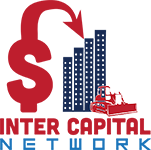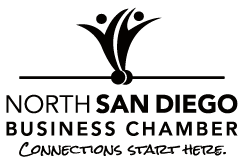How Equipment Leasing Works For Construction Companies
For anyone responsible for carrying out construction jobs, such a general contractor, a construction business owner, or is self-employed in the construction business, having the right equipment to carry out the job is a must. Still, like any industry, it comes down to having the funds to purchase the necessary equipment and tools. If you happen to be low on financial capital, you can turn to equipment leasing as an option.
Construction companies have the option to pursue two major types of leases. Operating leases permit you to lease equipment for a certain period of time. You can also list the lease payments as a business expense and not as debt. This means your balance sheet will not incur liabilities from the lease and you may qualify for a tax incentive. You could also apply for a finance lease, which would allow you to claim the equipment as an asset and increase your holdings. However, operating leases have lower APRs than finance leases, so check to be sure the financing is right for you.
Construction projects last for a finite period but the time to completion will vary depending on the project. You should consider how long you’ll be using the equipment. If you need the equipment or machinery for a short time span, equipment leasing will be cost-effective for you. However, if your project extends to three years or beyond, you may want to explore different financial options such as a loan. Even though you’ll pay less monthly on a lease than on a traditional loan, you must consider if a long term lease will cause a financial pinch for you.
Another plus for equipment leasing is that construction companies can work out an option to purchase the equipment at the end of the lease. By leasing the equipment, you will be able to use it and see if it works for you. This cuts out the potential problem of purchasing new equipment only to find it does not work. This could save you some hassle. Also, you could work out an option that sets a predetermined price for the equipment. At the end of the lease, you can choose to either buy it or return it.
Finally, check to see what kind of equipment the lessor specializes in. Construction equipment can run the gamut from roofing, landscaping, painting or woodworking tools, heavy machinery, or vehicles. A good leasing outfit should have the equipment you need and be well experienced in the field to provide you solid support. This will help make your equipment leasing a smooth and efficient success.



